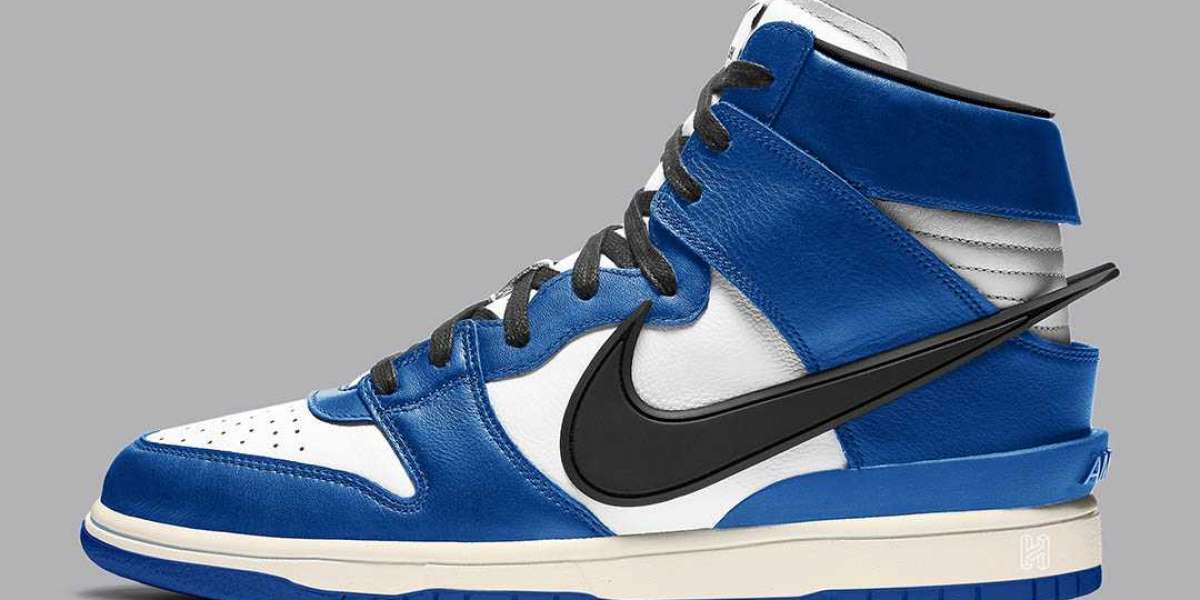Customer Relationship Management (CRM) systems play a crucial role in managing business interactions with potential and existing customers. For cold email campaigns, integrating a CRM can significantly enhance efficiency, personalization, and lead conversion rates. Here's how using CRM can improve your cold emailing efforts:
Centralized Data Management
A CRM allows you to store all your lead information in one place. You can track everything from a lead’s contact details to previous interactions and sales history. This centralized database ensures that you have all the information needed to craft personalized cold emails, making your outreach more relevant and targeted.Segmentation for Targeted Campaigns
One of the biggest advantages of CRM is the ability to segment your leads based on various criteria, such as industry, geographic location, or past engagement. This helps you tailor your cold emails to specific groups, increasing the likelihood of engagement by addressing their unique needs and challenges.Automation of Email Workflows
Most CRM systems come equipped with email automation features, allowing you to send personalized emails at scale. Automation tools enable you to schedule follow-ups, drip campaigns, and reminders without manual intervention, saving time and ensuring timely communication with your prospects.Tracking and Analytics
CRMs offer built-in analytics to monitor the performance of your cold email campaigns. You can track important metrics like open rates, click-through rates, and response rates. This data helps you identify what’s working and where adjustments are needed, allowing for continuous optimization of your strategy.Personalization for Higher Engagement
With the data stored in your CRM, you can personalize cold emails by including specific details about the recipient’s company, role, or pain points. CRM systems help you create customized email templates that can be dynamically adjusted for each recipient, leading to higher engagement and response rates.Lead Scoring and Prioritization
CRM tools often include lead scoring capabilities that help you prioritize leads based on their likelihood to convert. By tracking how leads interact with your cold emails, such as whether they clicked on a link or responded, you can focus on the most engaged prospects, ensuring you spend time on the leads with the highest potential.Improved Follow-Up Management
Cold emails often require multiple follow-ups before a response is received. A CRM helps you keep track of when follow-ups are due and sends reminders to ensure you don’t miss out on valuable opportunities. Automated follow-ups can be scheduled based on specific triggers, such as no response or certain actions taken by the recipient.
By integrating a CRM into your cold email strategy, you can streamline your outreach, enhance personalization, and ultimately boost lead conversion rates. With better organization, tracking, and automation, CRMs are a powerful tool for any cold emailing campaign.

